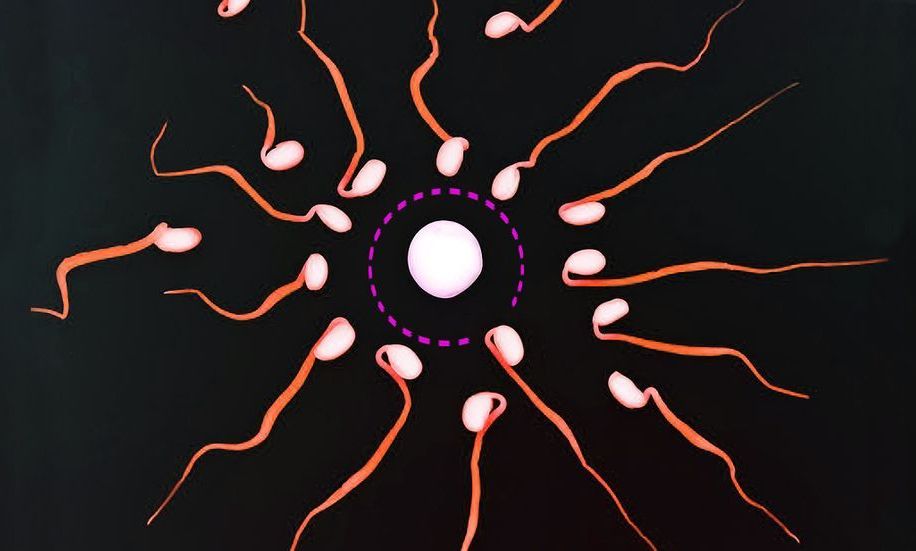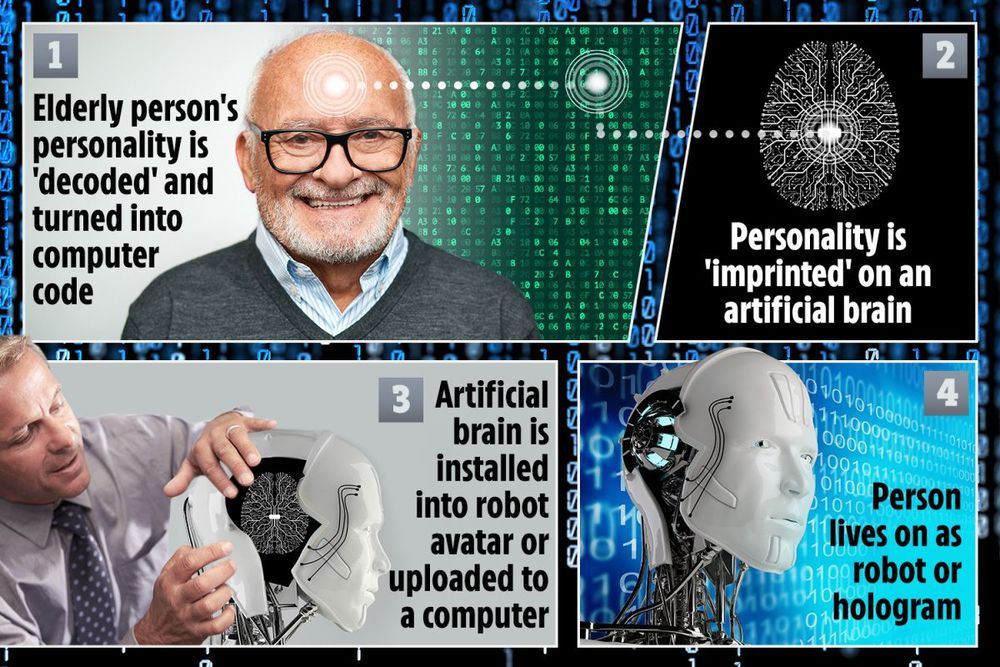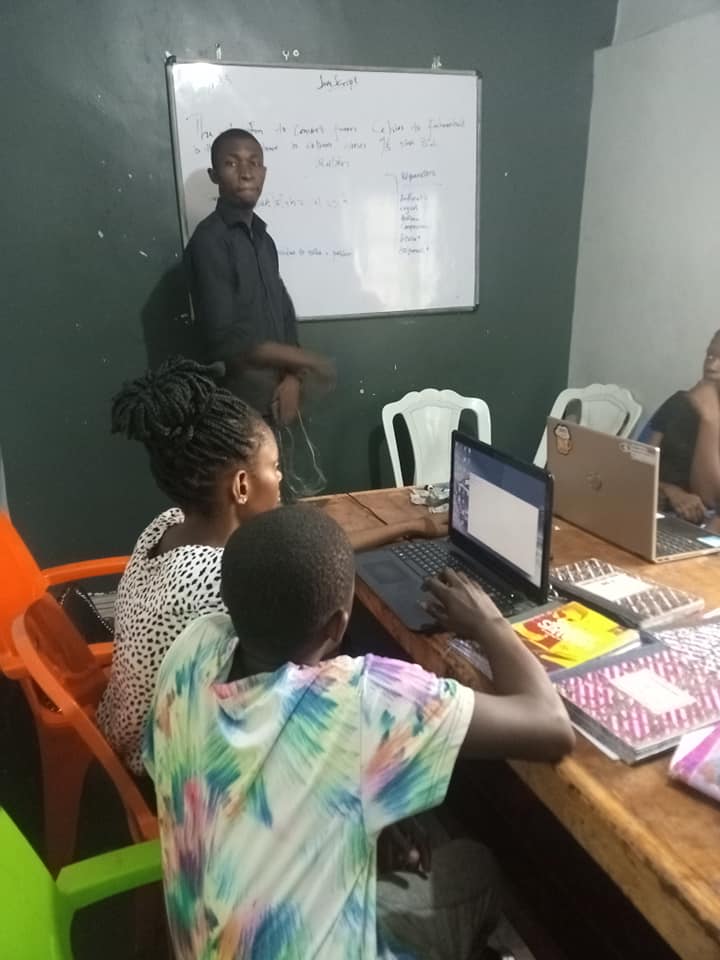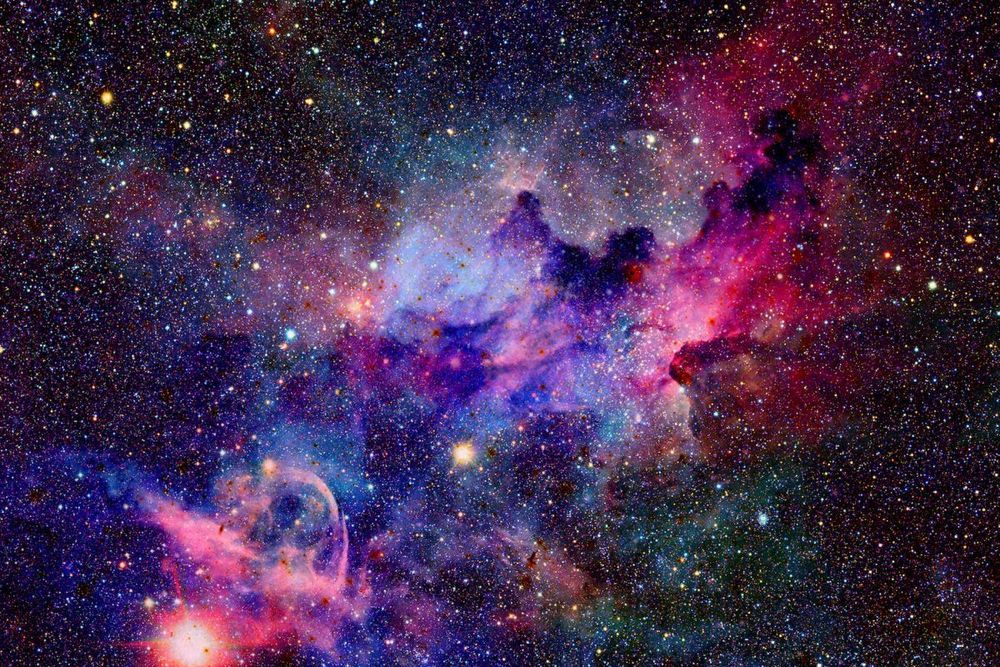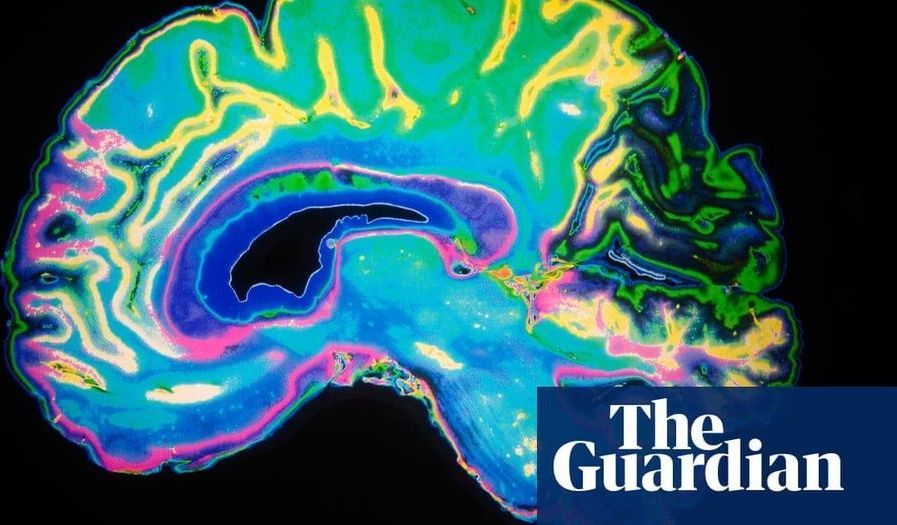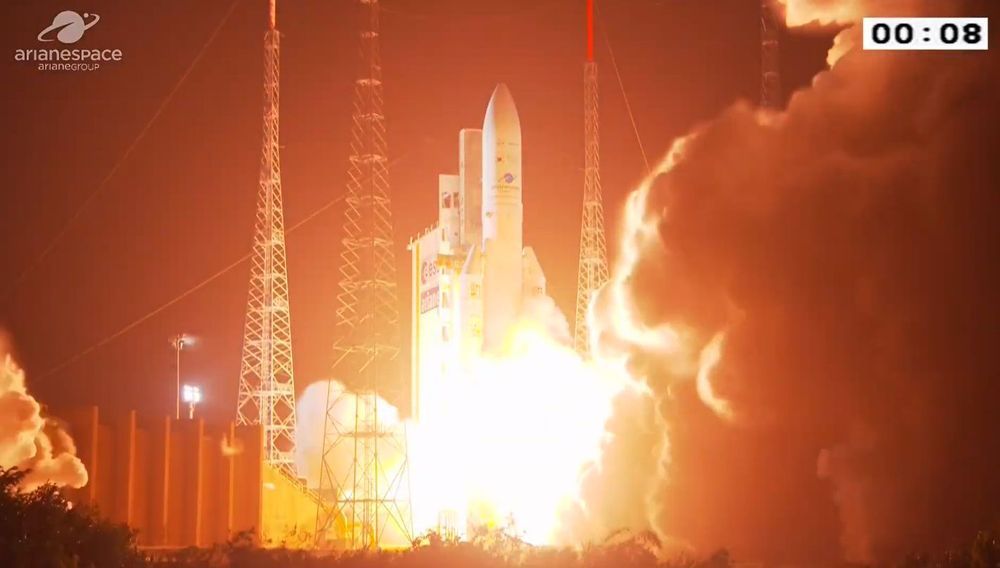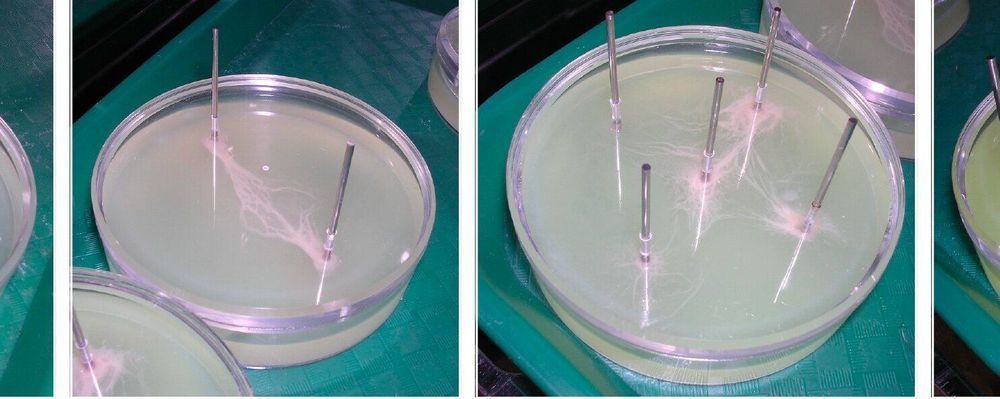Page 8116
Feb 19, 2020
Russian billionaire ‘100% confident’ he can make humans IMMORTAL by 2045
Posted by Kelvin Dafiaghor in categories: business, holograms, internet, life extension, robotics/AI
A BONKERS Russian billionaire claims he’ll make you immortal by 2045.
Internet businessman Dmitry Itskov, 38, is bankrolling a far-fetched plan to uploaded people’s personalities to artificial brains.
These “brains” can then be jammed into robots or holograms, allowing us to live on forever as artificial versions of ourselves, Dmitry claims.
Feb 19, 2020
Kelvin Dafiaghor to Lifeboat Foundation
Posted by Kelvin Dafiaghor in categories: futurism, lifeboat
Feb 19, 2020
Cosmology: Uncovering the Story of the Universe
Posted by Genevieve Klien in categories: cosmology, physics
Cosmology draws on many branches of physics to study the universe’s history. And what it’s found has forever changed how we understand our position in the cosmos.
Feb 19, 2020
Long-term offenders have different brain structure, study says
Posted by Genevieve Klien in category: neuroscience
Study found differences compared with those who did not offend or who only transgressed as adolescents.
Feb 19, 2020
The clock is running for DARPA Launch Challenge, with stealthy Astra Space racing to win $10M prize
Posted by Genevieve Klien in categories: military, space travel
The DARPA Launch Challenge has begun, with a once-stealthy startup called Astra Space aiming to launch two rockets from an Alaska spaceport within the next month and a half to win a $10 million grand prize.
The Defense Advanced Research Projects Agency set up the challenge in 2018 to serve as an added incentive for private-sector development of a highly mobile launch system that the military could use.
At first, DARPA specified that two orbital launches would have to be executed over the course of two weeks from completely separate launch sites in order to win the top prize. However, program manager Todd Master said the plan was changed for logistical and regulatory reasons. Dealing with all the hassles associated with launches from widely separated sites “wasn’t really our goal in solving the challenge,” Master told reporters today during a teleconference.
Feb 19, 2020
Ariane 5 lifts Japanese, South Korean satellites to Geostationary Transfer Orbit
Posted by Genevieve Klien in category: satellites
The second Ariane 5 mission of the year lifted off from the Guiana Space Centre in Kourou, French Guiana, in South America on a rideshare mission that launched the GEO-KOMPSAT-2B and JCSAT-17 satellites for South Korea and Japan, respectively.
The launch occurred at the opening of a 62 minute launch window at 22:18 UTC.
Feb 19, 2020
Human compost funerals ‘better for environment’
Posted by Dean Eaketts in category: futurism
A US firm claims the service it offers saves more than a tonne of carbon, after a pilot study.
Feb 19, 2020
How The Ultra Rich Are Trying To Live Forever
Posted by Derick Lee in categories: biotech/medical, life extension
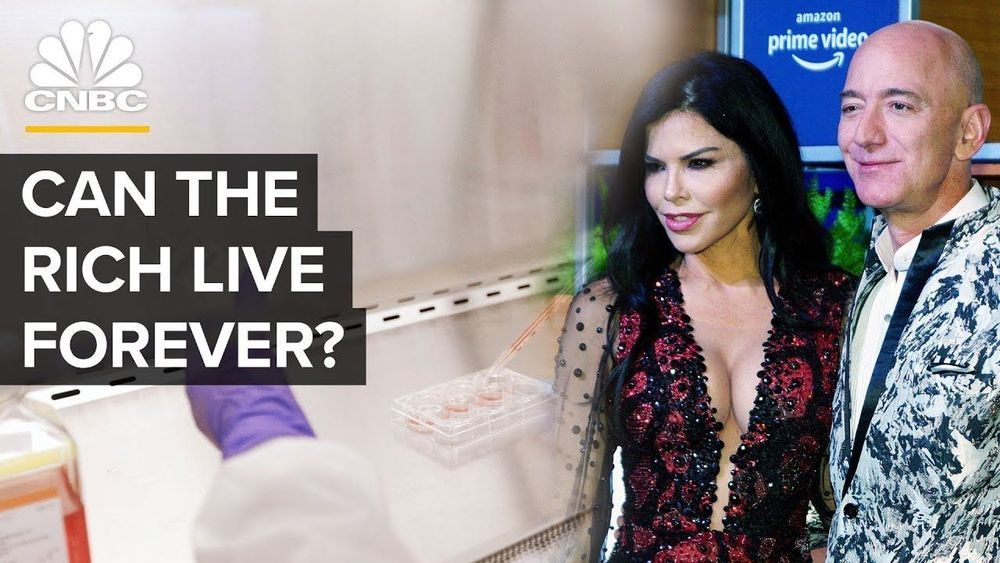
If you can’t defeat death, what if you could postpone it, or at least postpone the diseases commonly associated with getting old? Many people, especially the ultra-wealthy in Silicon Valley, are investing money into companies trying to answer exactly those questions.
» Subscribe to CNBC: https://cnb.cx/SubscribeCNBC
» Subscribe to CNBC TV: https://cnb.cx/SubscribeCNBCtelevision
» Subscribe to CNBC Classic: https://cnb.cx/SubscribeCNBCclassic
Continue reading “How The Ultra Rich Are Trying To Live Forever” »
Feb 18, 2020
Origin of life: A Darwinian machine for non-living objects
Posted by Xavier Rosseel in categories: biological, evolution
Life is usefully defined on the basis of process: Any set of entities that participates in the process of evolution by natural selection is alive. But how does evolution by natural selection—and thus life—get started? The answer is far from obvious. Lack of insight haunts origins of life research and plagues understanding of the major evolutionary transitions, including the transition from cells to multicellular life.
In a new paper published in Nature Ecology & Evolution, a team led by Paul Rainey at ESPCI Paris and the Max Planck Institute for Evolutionary Biology provides a solution. Adopting a theoretical approach inspired from earlier and on-going experiments, Rainey and his team show how ecological circumstances can kick-start life, both from the get-go, and also at each of the major evolutionary transitions.
For entities to participate in the process of evolution by natural selection, entities need to be discreet and vary one to another, entities must replicate and offspring must resemble parental types. These basic Darwinian properties (variation, reproduction and heredity) are such fundamental features of life that it is easy to take their existence for granted. But as Black et al point out, Darwinian properties are derived and require evolutionary explanation. In the absence of any manifestation of heritable variance in fitness evolution is governed by chance alone and the road out of randomness difficult to conceive.
